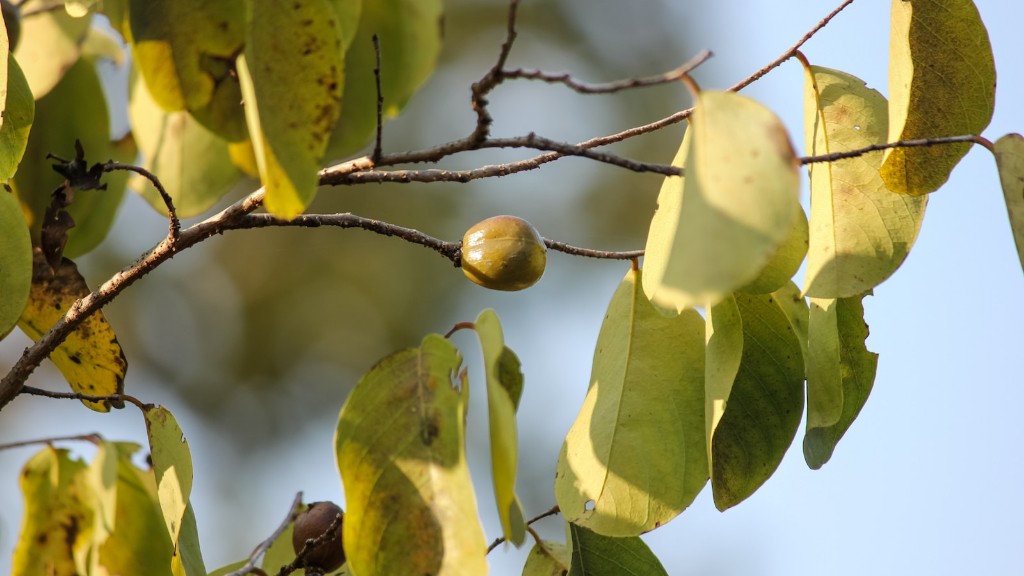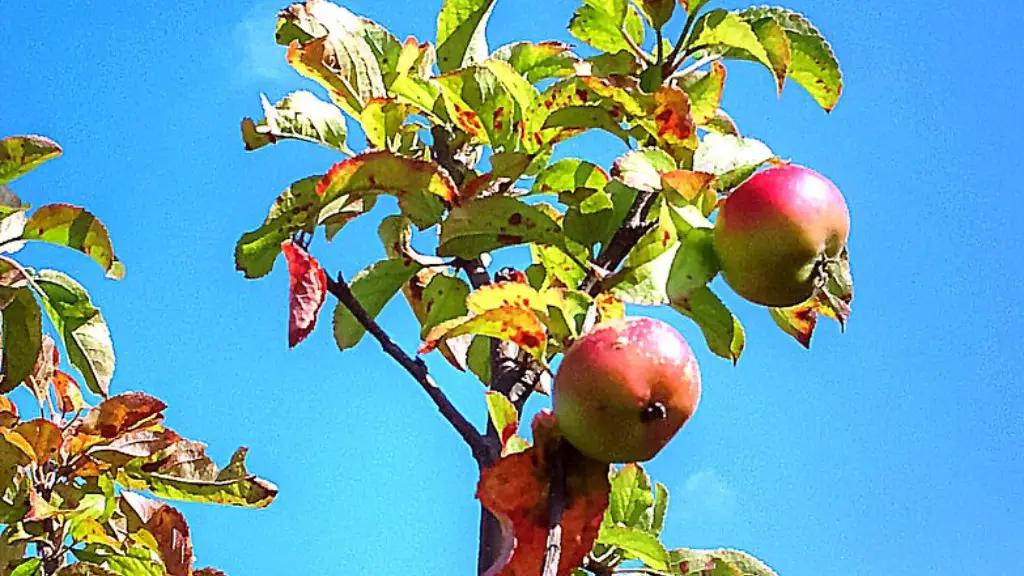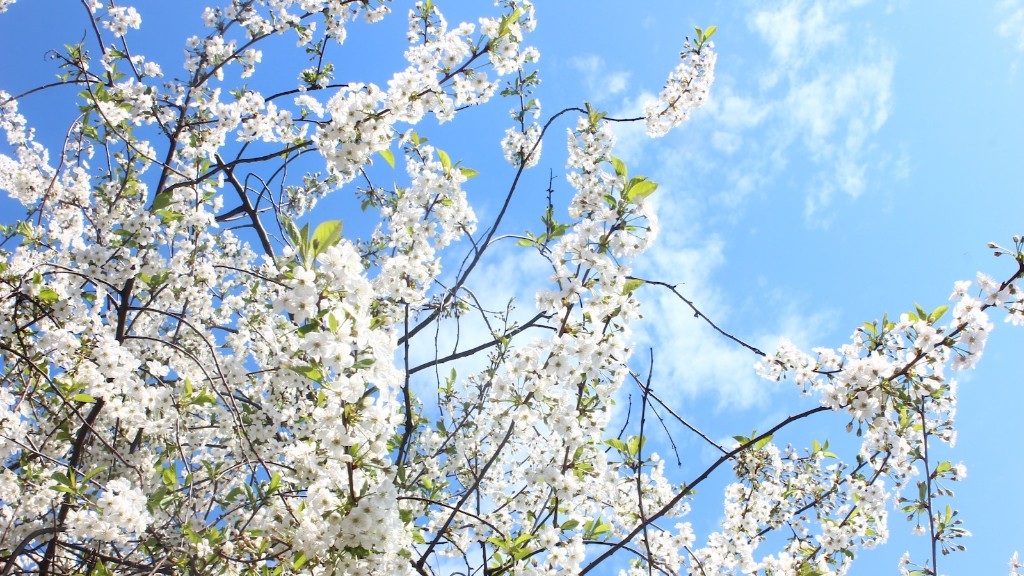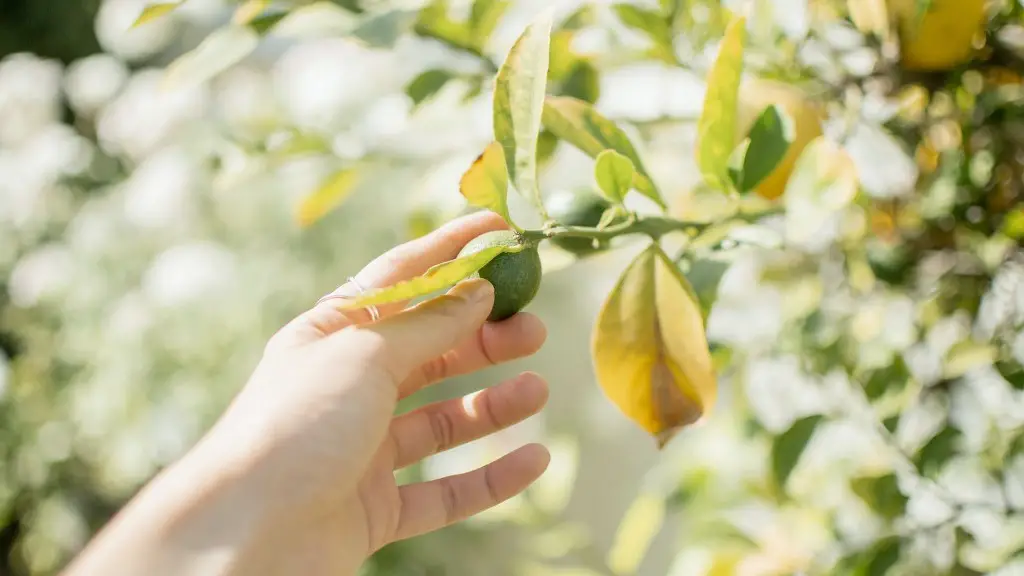The process for how long it takes for a lemon tree to produce fruit is largely dependent on several factors. Among them are the particular variety of lemon tree, soil conditions, climate, and when the tree was planted. Generally speaking, with the proper conditions, a lemon tree will take approximately three years from the time of planting before it produces fruit. The tree establishes itself during the first couple of years and then begins to produce blooms that are attractive to bees, which fertilize them and then turn into fruit.
The start of a lemon tree’s fruiting cycle may be hastened by taking proper care of the tree, like pruning, fertilizing, and watering. Once it passes the three-year mark, the tree will be set up to produce fruit annually. Depending on the variety of lemon tree, it can actually keep producing year-round. Also, let’s not forget that lemon trees can live a long time — up to eighty years in some cases, meaning a single tree can provide a lifetime of lemons.
For those who are impatient, there are certain varieties of lemon tree that produce fruit in much less time. Meyer lemons can provide fruit in as little as two years from the time of planting. Still, this is much less common and requires lots of attention, so it’s not typically recommended for new lemon tree growers.
One way to expedite lemon production is to grafting. Grafting involves taking a shoot from a young, fruit-bearing tree and attaching it over a stem from an existing tree. The trick here is that the donor tree has to be of a similar variety as the existing tree. If successful, it will act as a sort of shortcut in getting fruit production up and running. Keep in mind, however, that this process takes some know-how, so it’s probably not ideal for novice gardeners.
Production of Lemon Trees
When it comes to the production of lemons, different types of lemon trees produce different amounts of fruit. For example, Eureka lemons generally produce larger, seedier fruits that are more sour. Conversely, Lisbon lemons often yield smaller fruits with fewer seeds and a sweeter taste. How much of these fruits a given tree will produce is largely determined by climate and soil quality.
A typical lemon tree can produce anywhere from fifty to 200 lemons per season, depending on the size of the lemon tree, the climatic conditions, soil fertility, and the amount of pruning it receives. Generally speaking, a healthy, mature lemon tree can produce anywhere from five hundred to a thousand lemons per season, though in some cases, far more than that can be obtained.
Some people have even created lemon tree farms, which are basically large orchards dedicated to lemon production. In these cases, thousands of lemons per tree can be expected, depending on how well the trees are maintained. Of course, with any type of farming, growing conditions must be ideal to maximize production.
One thing to note about lemon production is that lemons will actually ripen over time, even if you pick them off the tree when they are still green. This is one of the advantages of growing your own lemons, as you can monitor the ripening process yourself and decide when’s the best time to pick them.
Vegan Care of Lemon Trees
Growing lemon trees veganically, or without the use of chemical fertilizers and other animal-based products, is becoming increasingly popular. Vegan care is beneficial to the health of both the tree and the environment in general, as it avoids introducing potentially harmful chemicals that may have adverse effects on the soil and water systems.
When it comes to vegan care of lemon trees, a good rule of thumb is to maintain a good balance between healthy soil and healthy plant growth. This can be done by using good mulches, compost, and manures and by taking measures to prevent the tree from becoming too stressed, such as by reducing the amount of water it receives. Additionally, lemon trees prefer a soil pH of about 6.4, and it’s important to test the pH levels in the soil regularly and adjust the levels accordingly.
For best results, vegan care of a lemon tree should also include regular pruning, which helps to shape the tree into a strong structure that can support the weight of the fruit. Pruning also makes it easier to harvest the fruit and can actually increase the tree’s yield. Finally, it’s important to keep an eye out for any pests or diseases, and treat the tree and the soil with organic pest and disease control solutions if necessary.
Harvesting of Lemons
When it comes to harvesting lemons from a lemon tree, there are a few things to keep in mind. First, the lemons should be picked when they are ripe, which, depending on the variety, will be somewhere between late winter and early summer. If the lemons remain on the tree for too long, the tree may end up wasting energy and producing fewer fruits in the next season.
For those who are unsure of when the lemons have ripened enough to be picked, a few easy tests can help. For example, the color of the lemon will change as it ripens. A ripe lemon will have a bright yellow color, while an unripe one will still have slight green shading. Additionally, a ripe lemon will easily come off the tree when pulled gently, while an unripe one will remain firmly attached.
The size of the fruit can also be used to determine ripeness, as lemons that are larger than average are more likely to be ripe. Finally, the smell test is also a reliable way to determine ripeness. If the lemon smells flowery and sweet, then it’s probably ready for picking.
Selling Lemons
Once the lemons have been harvested from the tree, farmers can then sell them on the market. There are several ways for farmers to do this, such as by selling the lemons directly to retailers or wholesalers, selling them at local farmers markets, or selling them online. Of course, it’s important to bear in mind that there is always a certain amount of risk involved in selling lemons, so farmers should take the necessary precautions to ensure they get a good price for their fruit.
The most important thing to consider when selling lemons is quality. If the lemons are of good quality, that is, large in size with a firm yet slightly soft skin, vibrant color, and sweet smell, then they are sure to fetch a good price. On the other hand, if the lemons are small, dull, or have soft spots, then the farmer may have a difficult time unloading them on the market.
Besides quality, presentation is also important. Farmers should take care to pack lemons neatly and make sure they are properly labeled. Labels should include information such as the variety, region of origin, and net weight. This will make the lemons more attractive to buyers, as it can help to ensure that they are indeed buying the best quality lemons.
Finally, farmers should make sure to keep records of their lemon sales. This includes tracking inventory, noting prices, and monitoring customer feedback. This can help to provide a better understanding of the market, which can in turn help farmers make more strategic decisions about the types of lemons they want to grow and the pricing of their lemons.




